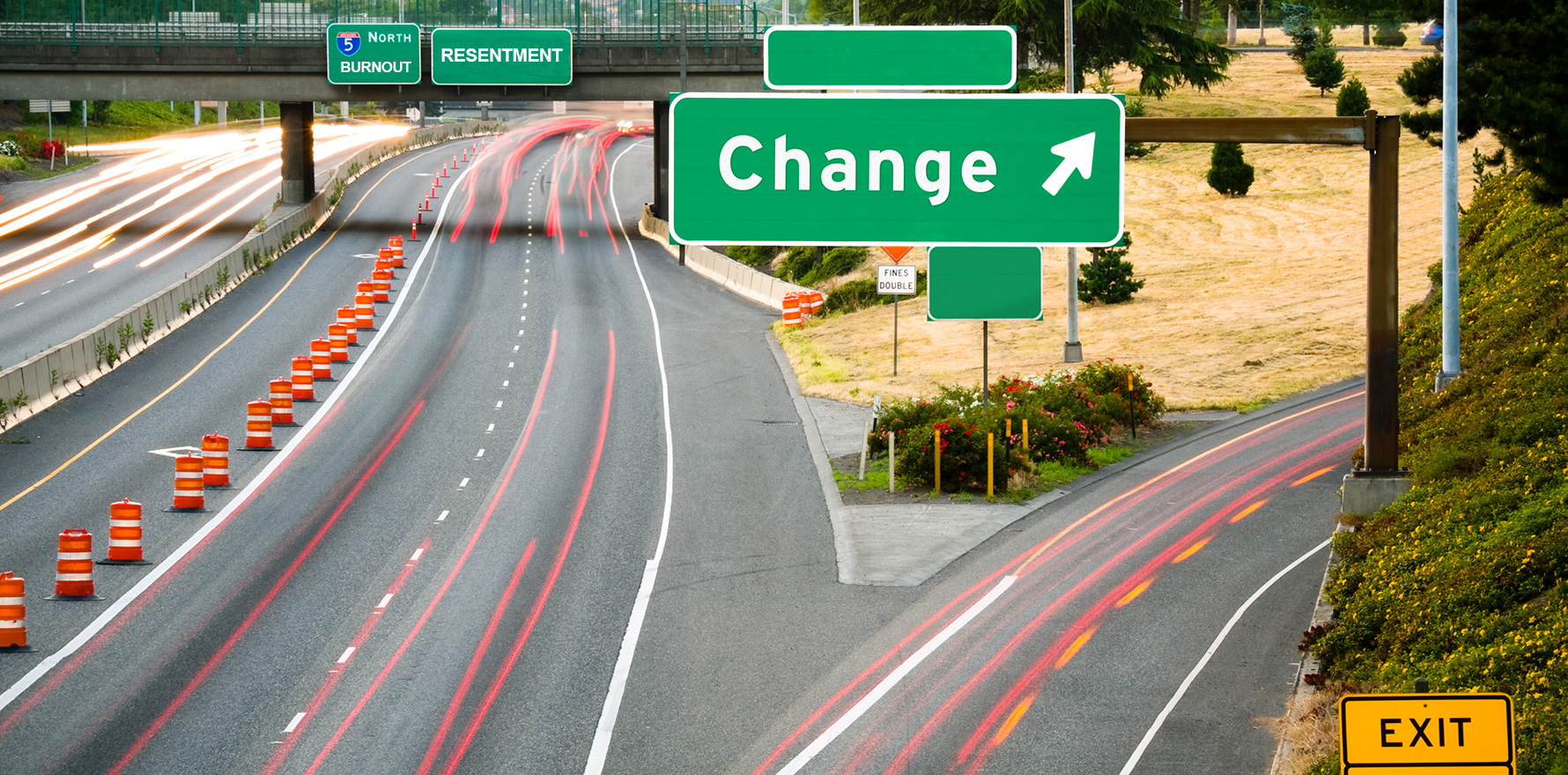They cost more than GP visits, but less than ED visits, and that’s the bulk of what they displace.
Is working in urgent care centres taking the easy option? Are they taking GPs away from mainstream general practice? Are they just a subsidised version of what practices are trying to do on their own with poor rebates and angry patients?
It’s been a month since I began working at my local UCCs and it’s been eye-opening and a bit more nuanced than the dialogue online may have you believe.
As I wrote last time, I’m a huge champion of continuity of care for patients. It is the bedrock of good medical care that they see the same doctor, or at least a doctor in the same clinic, for most, if not all, of their ongoing care needs.
But over the past dozen years I’ve seen a great deterioration in access to timely care in every part of the healthcare system.
The average wait times in metro emergency departments is said to be eight to 10 hours these days.
The average wait times in fast track in ED departments (those that have these) is two to three hours.
Since the Albanese government has set up 87 UCCs across the country, many people have attended these clinics at times when seeing their GP (if they have one) is not an option. We also know how much harder it is to access one’s regular GP at short notice these days. Many patients with chronic illness have spoken about having to book their next review as they leave because it is otherwise impossible to be seen.
I worked at a rural ED as a locum for parts of 2022 and 2023 both in the main ED and in fast track.
I’ve now added a role working in local UCCs, and so I feel able to compare them.
I’ve written elsewhere about the difference between fast track, which sees all comers, and UCCs, which under their exclusion criteria turn away patients who are presenting with chronic issues or who haven’t a GP or haven’t tried to see one for non-urgent issues.
And yet, here’s what I’ve experienced in my UCC shifts, across weekdays and weekends, mornings and evenings.
They’re usually busy days. If people think it’s a lot of sitting around, this is not the case.
On average some 25 patients are seen every seven-hour shift in the UCCs that I’ve worked in. If it’s busy, we don’t take a break and just keep going till handover or the shift ends.
At the UCCs I work in, there’s a single doctor and nurse each shift. Other UCCs have two or three doctors depending on demand as well as a degree of access to regular GPs in that location.
On my busiest shift I saw 30 patients in the seven hours. For reference, in private general practice the most I ever saw in a seven-hour shift was 28 and I was wiped out by the end.
While some presentations are clearly in the “could’ve waited to see your GP tomorrow” category, most of them are usually presentations of people who could not get in to their GP on the day of the concern – low-speed MVA; sports injuries that might be fractures; kitchen injuries requiring suturing; haematomas that require incision and drainage on the day; worsening young children and new parents who don’t know what is normal and typical and when to worry.
Related
In each shift, I’ve usually sent two or three people to ED after they’ve already waited an hour or two because they needed to be seen there (albeit as a category 4/5) as we weren’t equipped to manage their concern.
Equally in many of the shifts, I’ve seen people who have presented with significant pain who needed assessment, pain relief and safety netting of when to go to ED; and babies with viruses who are not drinking as much as usual, who need to be assessed and a plan made for next steps including when to go to ED.
It would be false to say that UCCs are unnecessary.
Are they wasteful compared to adequately funded general practice? Yes, no doubt, but they are still more economical than ED and fast track.
Do they lack continuity of care, even if we send all patients off with a discharge letter with a copy emailed to their GP? Yes.
The most frustrating part of the whole shift, to me, is not knowing whether my care was adequate to bypass ED after all and help a patient towards recovery, or if I made an error.
I am, after all, a doctor who loves general practice for the fact that I have a relationship with my patients and am invested in their long-term care.
Equally distressing at times has been the referrals from local bulk-billing practices that don’t have a treatment room (because they’re not cost-effective), or because the doctor onsite is too junior and lacks supervision for standard GP procedures such as managing a subungual haematoma.
It always gets me thinking: is this really the best we can do for patients?
I understand the economics of it. For those 23-30 patients my typical billings are around $1500-$1700. If I was in a universal bulk-billing clinic, I’d take home some 70% of that as my pre-tax income for working seven hours without a stop. Yet because of the government injection of funding into UCCs, what I bill is entirely independent of the hourly rate I’m paid.
The fact that UCCs need hefty subsidies to enable universal bulk billing amounts to an admission that bulk billing alone is not enough to keep a practice going.
But if the government did suddenly raise everyone’s rebates to be in line with the AMA fees and we could all afford to see our GPs with a minimal gap fee, would we have enough FRACGPs to manage the workload including staffing till 10pm most days including weekends and public holidays?
With the current lack of adequate training spots over a decade, I doubt it.
General practice work, done well, is tiring. There is a physical and a mental load. There is also an unpaid administrative load – but not at a UCC. There, the doctor coming on after me goes over all results every shift and does the necessary follow-up.
Similar to my times in ED, I can give time to the patient who needs it, without watching the clock, knowing I’m running late for my next appointment, affecting my own billable hours if bulk billing or risking the patient’s ire if they encounter a higher fee.
Unlike in general practice, where patients regularly complain about doctors’ being late and wasting their time, patients presenting to a UCC (as in ED) wait an hour or two without complaint. Whether that is because they’re worried or because they pay $0 at the point of care I’m unsure.
Ultimately, it is a service I’m happy to provide once or twice a week because it keeps me current and allows me to serve people who might not otherwise be able to access good care by an FRACGP during unsociable hours.
It’s not equivalent to the private general practice work that is my ideal, with continuity of care with my long-term patients who are able and willing to pay for my care and value my time – but it is a good way to keep my finger on the pulse.
When I’m tempted to be annoyed by someone presenting with something that “could’ve waited till tomorrow”, I remember no one sits for two hours in a waiting room for fun.
Until general practice access and “staffing” changes, UCCs are the public’s next best option to get timely care that they need.
Dr Imaan Joshi is a Sydney GP; she tweets @imaanjoshi.





